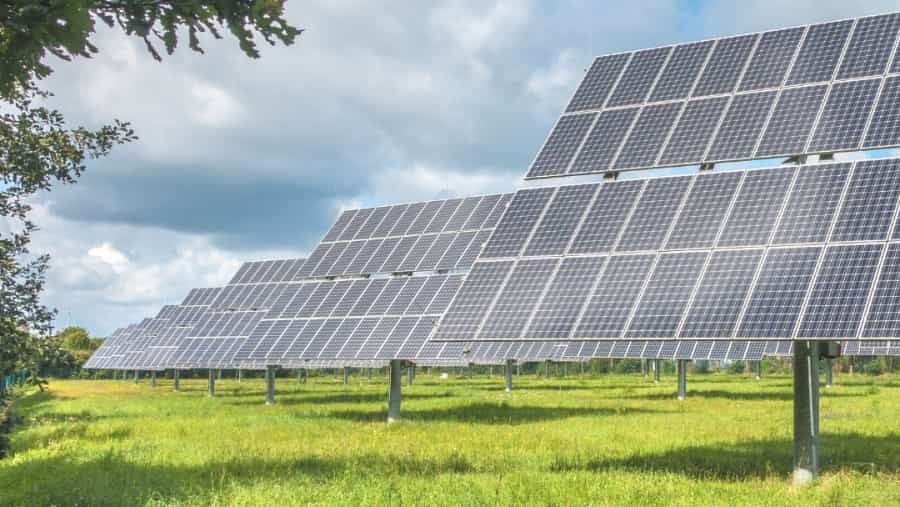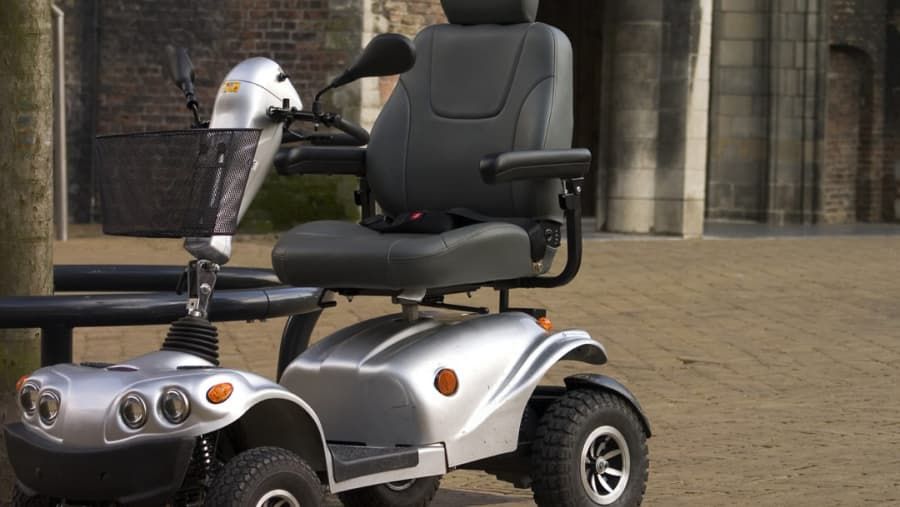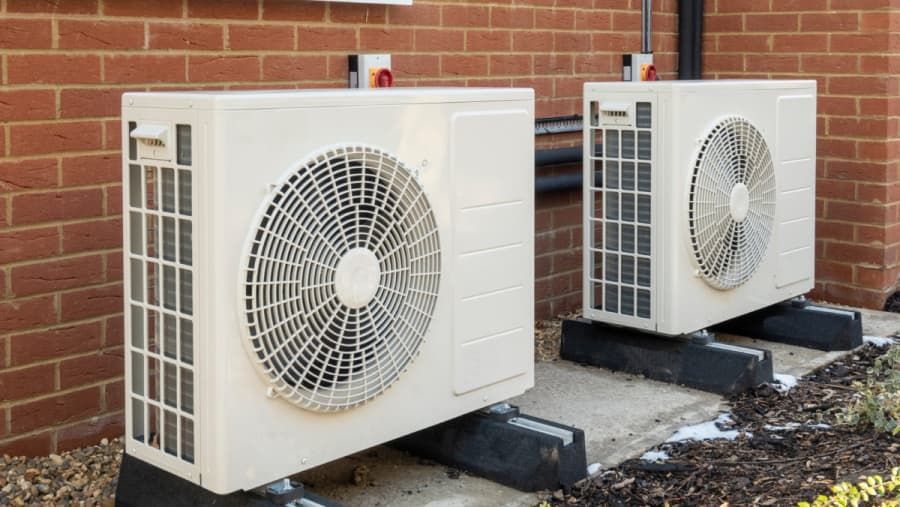A Comprehensive Introduction to Solar Panels
Nowadays, solar panels has become the leading solutions of sustainable resources, offering a cleaner, more economic way to motivate their lives for homeowners, companies and communities. This article will offer the detailed information about solar panels for you.

How Do Solar Panels Work?
The operation of solar panels is simple and clear. Solar panels catch sunlight and transform it into energy that can be used to produce electricity. The solar cells are the first object that sunlight meets. These are semiconducting materials — most frequently silicon — that capture the solar photons. Those photons will scatter off the atoms of this semiconductor and free electrons. This generates an electric current. The inverter then converts this direct current back into alternating current — the kind we use in our homes and businesses — and feeds it either back into the grid, or directly into devices.
Types of Solar Panels
1. Monocrystalline Solar Panels: The most efficient cell, made from a single silicon crystallite and has great black aesthetics if roof space is available. For those who has less requirements for roof space and want optimized resource production, these solar panels are optimal.
2. Polycrystalline Solar Panels: These panels are made of many silicon crystals, and their efficiency is lower than monocrystalline panels, but cheaper. For those who are tight in budget, these are advisable choices.
3. Thin-Film Solar Panels: These panels use different materials (as CdTe and CIGS) to make a lighter, flexible panel. Not quite as efficient as standard panels, but more versatile, they work on something with a curved surface, or on a portable device.
4. Bifacial Solar Panels: These harness sunlight from both sides, optimizing every panel’s energy output. They’re ideal in installations where sunlight might bounce off of the earth or other material surfaces.
Benefits of Solar Panels
1. Energy Saving: So the costs of installation of solar panels are mandatory; but over time, while saving electricity can save a huge amount of money. This means that there will be energy savings once a month on the utility bill that will eventually surpass the cost involved in buying and installing the equipment.
2.Energy Independence: The extent is, you can make your own electricity, Energy surplus generators provides you with energy self-sufficiency.
3. Environmental: It has as a zero emissions profile, it produces zero green house gas. You are using the second energy source that helps the climate get clean and it is not only less in carbon emissions.
4. Sustainable Government: Solar energy is promoted by many governments using tax credits, rebates and grants. Many incentive programs are beneficial and allow people to have their solar panels accessibly and affordably.
5. Increased Property Value: Solar panels can help homes and businesses sell for more than they typically would without. Many buyers and tenants will be attracted to the up to property provided by solar power.
In summary, these solar panels are advanced technology of producing and using energy. When there are few alternatives, they can transmit to us clean, renewable electricity. The advantages of solar panels is obvious above, whether you’re looking for a way to save money or a way to reduce your carbon footprint, the benefits of solar energy are so clear that you can not miss.
Guess you like
-

Cheap Mobility Scooters for US Seniors
-

Where to Find All-Inclusive Luxury Overwater Bungalows Without Straining Your Budget
-

How to Choose the Right Online Marketing Degree
-

Unlock Affordable High-Speed Internet for Businesses
-

Why We Need Cybersecurity Software to Protect Our Data
-

Heat Pumps: A Wise Choice for Heating Old Buildings?



